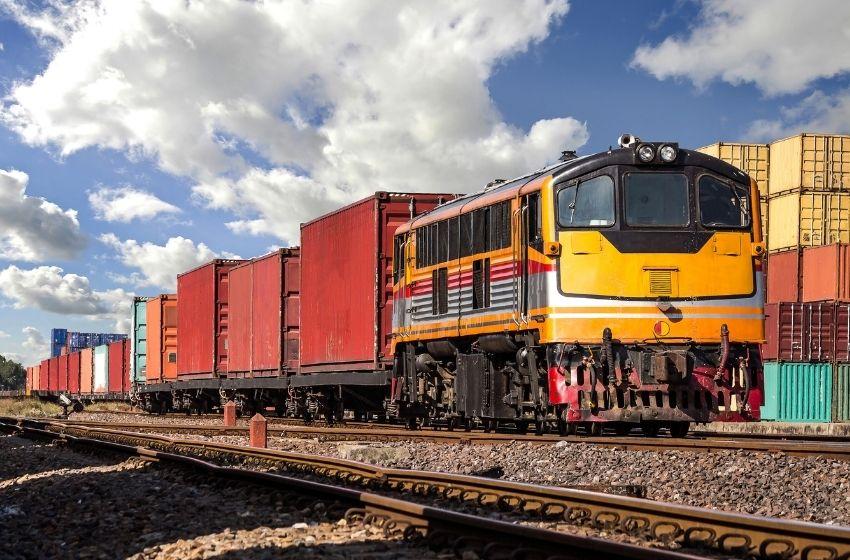A new intermodal route Turkey-Ukraine-Poland is under active development. It will open up a new alternative gateway to Europe for rail traffic from Asia.
On December 24, Ukrainian railway workers from the Liski Transport Service Center signed a memorandum of cooperation with the sea carriers Ukrferry and FerriPlus to create a route that will open new alternative gates to Europe for rail transport from Asia.
Until now, goods to Europe were mainly delivered via the Baku-Tbilisi-Kars railway line. The possibility of loading onto a ship across the Black Sea has long been anticipated, as it will provide faster connections to northern European countries.
The memorandum of cooperation testifies to the interest of the parties in the creation of container and trailer transportation along the specified route. It is open for signing by any company that wants to participate in the development and operation of the route,
Edvins Berzins, Executive Director of the Liski Transport Service Center

Ukraine is already playing a more active role in the transport of goods between Europe and China. Negotiations are underway with companies such as DHL, PKP Cargo Connect and BTLC Germany to establish a regular route along the corridor.
Together with PKP Cargo Connect, CFTS Liski plans to transport goods between Ukraine and Poland for onward transport to Europe. Together with BTLC Germany, it will expand direct container transport routes from Europe to China and vice versa. Cooperation with DHL will allow organizing the transportation of goods in Ukraine with a turnkey service at the terminals of the Liski CFTS, the Ukrainian company explains.
Read also: Agreement between Poland and Ukraine to improve Gdansk-Black Sea transport corridor
The Port of Gdansk and the Ukrainian Seaports Authority have agreed to cooperate in creating a new transport corridor connecting the Black and Baltic Seas. The main focus will be on the transportation of goods by rail along a route that will include the port of Gdansk, Warsaw, Dorongursk or Medyka and ultimately end up in the Ukrainian ports of the Black Sea, primarily in Odessa.
Source and picture: Dumskaya.net





















